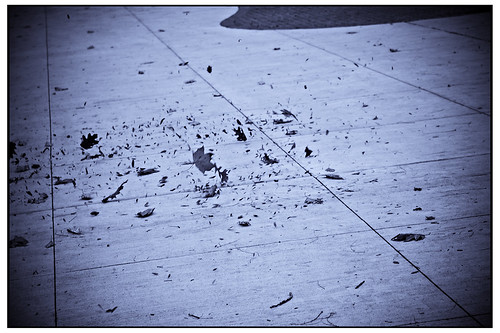“Lord, hear our prayer.” That was the sound of religion to me growing up, Sunday mornings in the darkened warmth of Saint Mark’s Episcopal on Capitol Hill, D.C. I heard these intonations not as the sound of heaven and earth mediated so much as a response to silence, and the courage to overcome it while also dwelling in it. Indeed, there were vast expanses of silence in this part of the service, some of them seeming to stretch out almost audaciously. Even as an altar boy (a pretty bumbling one, I admit), I wondered, was this how people did and sounded out religion elsewhere? Years before I knew about Quaker meetings or the range of meditative practices in religious traditions, the oscillation between prayer’s orality/aurality and those silent chasms unnerved me. But always, almost mercifully, a lone voice would rise up from some distant corner of the church, those vast vaulted ceilings giving the prayer a gravity, a context: a plea for strength as a relationship frayed, or for comfort during illness, to which the congregation responded as one, “Lord, hear our prayer.” I remember being stunned when my father became one of those voices, praying in 1985 for Uncle Bill, in 1989 for Grandma, in 1992 for himself. The possibility that one of those voices might be so close by, his hand in mine, had never even occurred to me. It terrified and consoled me at once.
Jason C. Bivins
Jason C. Bivins is a professor in the Department of Philosophy and Religious Studies at North Carolina State University. He is the author of Religion of Fear: The Politics of Horror in Conservative Evangelicalism (Oxford University Press, 2008) and The Fracture of Good Order: Christian Antiliberalism and the Challenge to American Politics (University of North Carolina Press, 2003). He is currently working on two monographs. The first is "Spirits Rejoice!": Jazz and American Religion, and the second is Embattled Majority, a genealogy of the rhetoric of "religious bigotry" in conservative Christian politics since the 1960s.
Posts by Jason C. Bivins
May 6, 2013
Dwelling Amid Absence
 It was William James who described “religion” as that which enables us to gesture towards what we cannot articulate or describe fully, but in which we place diffuse hopes for being delivered from our confinements, which we invoke with the mere act of speaking. The problems of our subject, and the ambivalent institutionalization of our discipline, appeared regularly for me as I relished Robert Orsi’s writings on prayer, presence, and intersubjectivity (and the writings of other contributors to this project).
It was William James who described “religion” as that which enables us to gesture towards what we cannot articulate or describe fully, but in which we place diffuse hopes for being delivered from our confinements, which we invoke with the mere act of speaking. The problems of our subject, and the ambivalent institutionalization of our discipline, appeared regularly for me as I relished Robert Orsi’s writings on prayer, presence, and intersubjectivity (and the writings of other contributors to this project).


